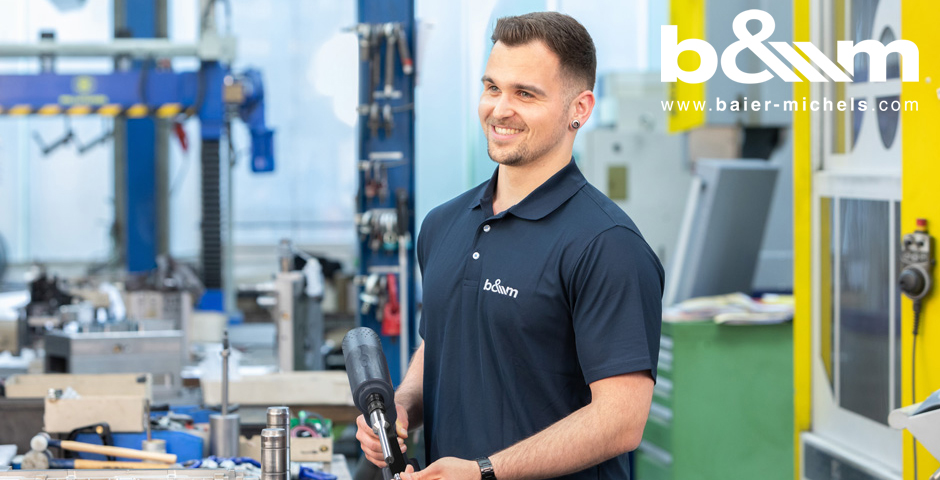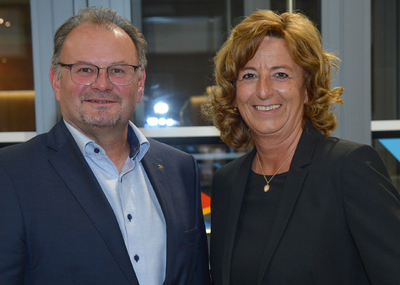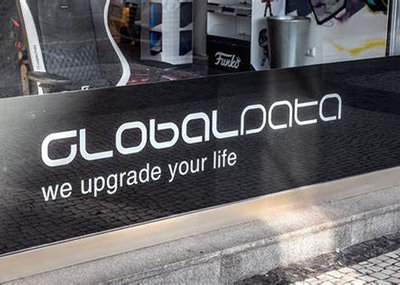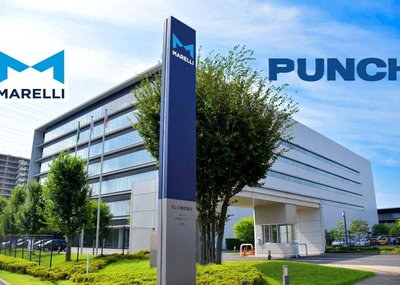What is a closing and sealing system that was originally developed for vehicle components doing in molds and systems for the die casting and injection molding industry? The short answer is: It is doing its job. It is establishing itself as the intelligent alternative to conventional solutions – with a reliable sealing function up to 30 bar operating pressure, simple installation without generating waste and a non-destructive disassembly process. That is the long answer.
The history of the b&m-KL Plug began in the late 2010s at the application laboratory of baier & michels in Ober-Ramstadt, Germany. Prompted by customer inquiries, the developers were working on a sealing element that had to be capable of significantly improving the balance between quality, cost efficiency and ecological footprint, in particular in cooling and lubrication circuits. “Our aim was to create a completely new system that could hold its own in direct comparison with elements such as expander plugs, screw plugs or press-fit balls,” reports Constantin Egold, Technical Product Manager.
This objective had to be achieved with different materials – primarily steel, stainless steel and aluminum. A radical idea eventually paved the way: The design engineers integrated the principle of a blind rivet into that of a closed blind rivet nut. The result is a single-piece, weight-optimized closing and sealing element that is suitable for hole diameters from 8 to 24 mm and can accommodate temperature fluctuations between -40 °C and +200 °C. The right material pairing is a crucial aspect here: The component and the b&m-KL Plug have to have the same linear expansion coefficients.
During the setting process with a standard installation device, the b&m-KL Plug has two parts – a conical inner part with thread and sleeve. A 2-mm residual wall thickness in the component is enough for the plug to fully expand. “The market launch was preceded by a comprehensive validation phase,” says Product Manager Constantin Egold. This included leak tests at the TÜV Süd facility in Garching and vibration testing with temperature and pressure superposition at IMA Materialforschung und Anwendungstechnik GmbH in Dresden.
Once it had been put through its paces, the b&m-KL Plug was cleared for use at the OEMs and suppliers in the automotive industry. Its areas of application are wherever a flow has to be managed and controlled. The element prevents oil leaking from compressor housings, for example, or seals chaplets in cast bearing housings for turbochargers. “The exciting aspect of the b&m-KL Plug is its versatility,” says Constantin Egold. Its special properties also make the system suitable as a flow regulator in channels filled with media such as water-glycol mixtures or oil. Equipped with a temperature sensor and a thermowell, this new type of plug can also be used as a monitoring unit, for example to optimize the temperature control processes – whether in the power electronics of battery electric cars or in injection molding and die casting molds.
One of the companies who use the b&m-KL Plug is Haller Kunststofftechnik GmbH in Rodgau. The company uses injection molding to manufacture technical components from thermoplastics. These components are primarily used in the automotive, electrical and energy industries, as supports for control units, cable mounts for electric cables and parts for refrigeration units. “In the temperature control channels of the molds, which we also manufacture for our customers,” explains Mark Joos, Head of Mold Manufacture, “the b&m-KL Plug not only increases the quality of the seal, it also considerably reduces the time and costs that were required for installing the previous closing elements.”
A look at the production of a cable mount ordered by a car manufacturer illustrates what this means in practical application. The focus is on the mold consisting of two halves – a cube weighing 900 kg in total, with a length of 1000 mm and a width and depth of each 500 mm. “It is made primarily of tool steel,” explains Mark Joos, “whereby the areas that produce the actual shape and come into contact with the plastic are made of hardened tool steel. As we also process glass-fiber reinforced plastics, the mold contours have to be hardened and in some cases even coated – soft steel would wear too quickly.”
To close off and seal the cooling circuits in the mold, the Haller team had previously used expander solutions to improve the sealing effect, but also plugs or threaded fittings made of brass, often wound with Teflon tape. “These systems are effective, but they require relatively complex preparation of the holes,” says Mark Joos. “We are talking about several steps here, such as changing the drill and countersinking, but also tapping and cleaning the thread, while for sealing screws the milling of the head contact surface plays a crucial role as well.”
It also has to be considered that many closing and sealing elements such as expanders generate a waste product (the mandrel) that has to be removed from the assembly system in a separate step. And the b&m-KL Plug? “It lets us work without dirt or waste, which saves us around 5 minutes per hole,” says Mark Joos. “We usually work with diameters ranging from 10 to 14 mm.” According to Joos, the channels in the two molds for the cable bracket contain around 80 b&m-KL Plugs – “which makes us significantly more efficient overall”.
Efficiency is also key when designing temperature control circuits. Depending on whether the medium is a water-glycol mixture or oil, for example, years of use of the mold with sometimes extended storage times can cause a gradual build-up of corrosion or dirt. baier & michels Product Manager Constantin Egold therefore recommends keeping the medium volume in the channels as low as possible. The b&m-KL Plug could help to reduce the so-called dead space: “With a longer mouthpiece, it can be quickly positioned in the hole at the desired depth. And in contrast to other closing and sealing solutions, the hole can be reused if necessary without any repeat preparation.”
The issue of non-destructive disassembly is particularly important for die casting, or for the cold chamber process, to be precise. The required volume of molten metal is filled into a receiving chamber – the shot chamber – for each new casting cycle and forced into the mold cavity at high speed by a moving plunger. “To ensure that the liquid metal with a temperature of around 700 °C does not change its physical state in the shot chamber, the usually oil-filled temperature control circuits heat up the chamber walls from the outside,” explains Constantin Egold.
Removing the closing and sealing elements, for example for maintenance work, generally involves removing screw plugs or – for other solutions – swarf in a complex process. The holes then have to be drilled to the next larger diameter for the new elements, which often presents a challenge or limitations with respect to the available space. “The b&m-KL Plug can be removed without any destruction and therefore helps to save time,“ says Constantin Egold and adds: “By making complex things look easy, this unique sealing plug supports our customers in their striving for stable processes and a high level of automation.”
baier & michels
Founded in 1932 as a local screw dealer, the company is now established as a member of the Würth Group with 500 employees and global operations: baier & michels (b&m) with headquarters in Ober-Ramstadt (Germany) support the manufacturing industry in the field of cold forming.
The basis for this is provided by fasteners as well as closing and sealing systems from in-house development and production. Customers include OEMs and suppliers from the automotive, electrical and medical technology sectors as well as from toolmaking and plant engineering. In addition to this, baier & michels offer application consulting, training courses and the b&m-PORT – an online portal that supports industrial companies with standardizing their C parts.







